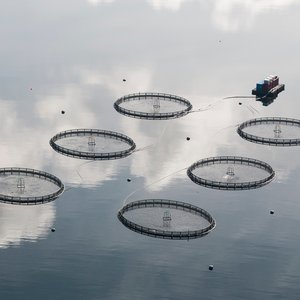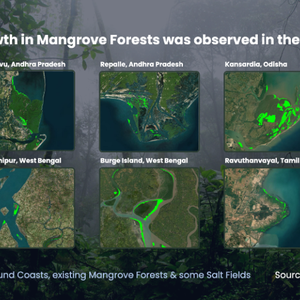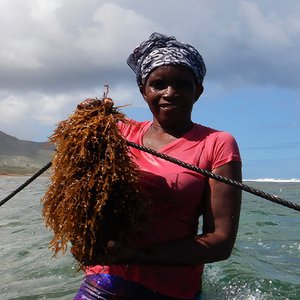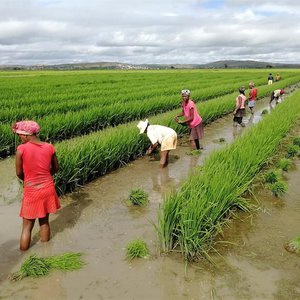LoveTheWild last month announced the close of a $3 million Series A round, led by Dutch investment firm Aqua-Spark. On Wednesday, the company revealed that DiCaprio was among the remaining investors.
It was not disclosed how much the actor contributed financially. In a provided statement, DiCaprio praised LoveTheWild\'s efforts to shift the market toward sustainability with its farm-raised seafood kits:
\"The exploitation of our oceans has left many marine ecosystems on the brink of total collapse, which is hurting our ability to harvest our seas as a reliable food source as we have for thousands of years,\" he said. \"LoveTheWild is empowering people to take action on this crisis in a very meaningful way.\"
DiCaprio, who will also join the company\'s advisory board, was not available for comment.
\"We\'re very humbled that the quality of our products and integrity of our vision has attracted such a powerful group of supporters and investors,\" Jacqueline Claudia, LoveTheWild\'s CEO, said in a statement.
Claudia, once a fish farmer herself, co-founded the company with Christy Brouker. The meal kits feature a mix of wild-caught and sustainably farmed fish, but the recent investment will help move LoveTheWild toward sourcing 100 percent of its fish from aquaculture operations.
Source: Daily Camera // Original Article










